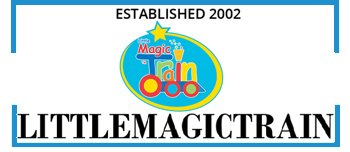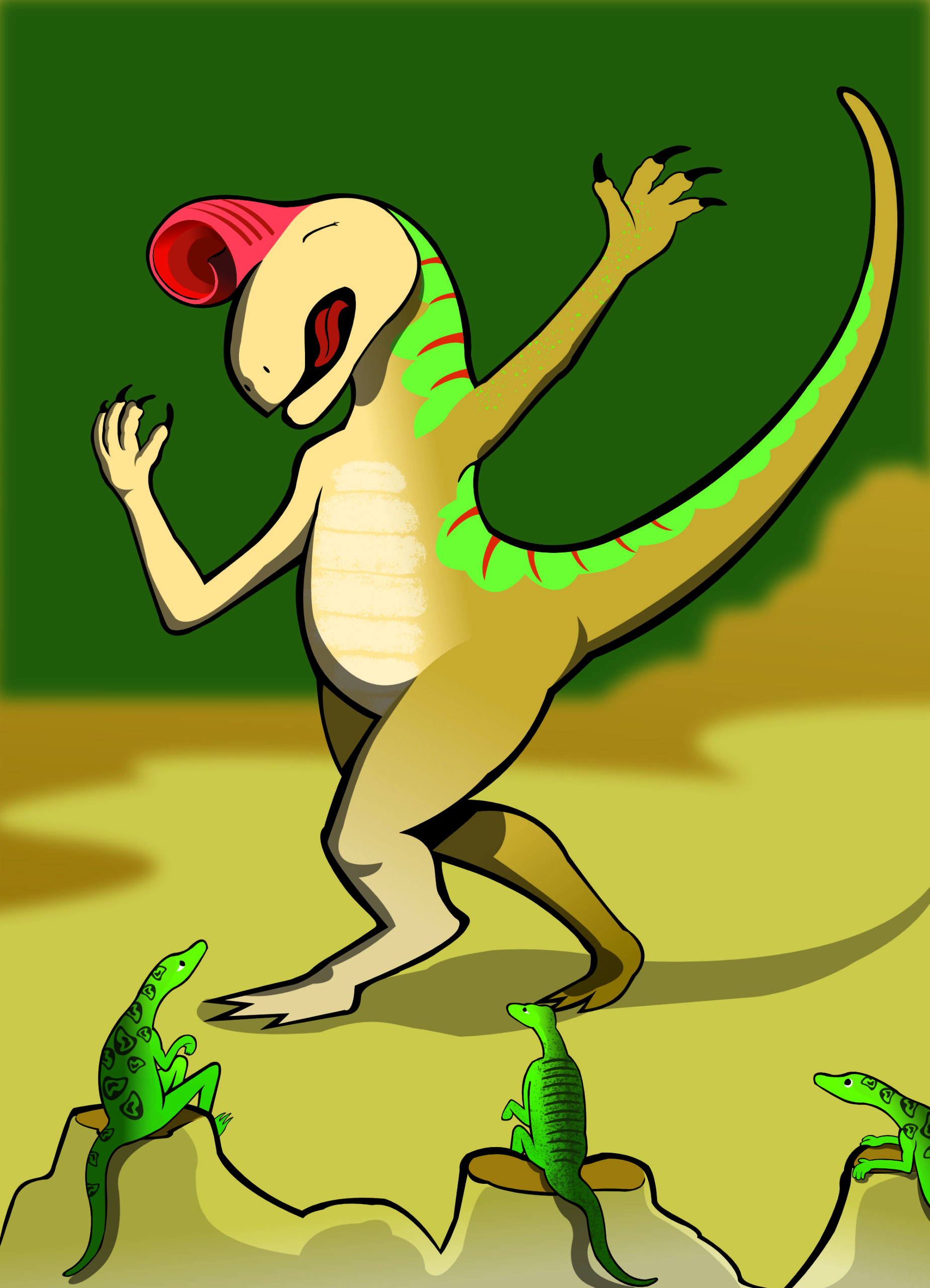Is your glitter ball ready and raring to go?
Question…is music and movement as part of your team’s development plan?
Music and movement are such key areas to children’s learning, but do you know anything about your team’s prior music and movement educational experience as a child or as a teacher and their view of that experience?
As a child, I loved music and movement sessions but as an adult learning to teach ballet, I really must admit I was terrified despite all my years as a vocational dance student. Musicality was ingrained in my body and yet as an adult I was made to feel, by the teacher, unmusical and totally useless just because I couldn’t remember the exact way of counting specific rhythms as 1 & a, 2 & a or a 1 & 2 or 1,2 ….. grrrr!
I can assure you that your team’s prior experience will impact how they feel when they are told they need to put on music and/or dance with the children. Now is your chance to change any negative experiences they may have had, as a child or adult, by including music and movement in their personal development plan.
Before you start, it is worth thinking about the benefits of your investment in your team’s individual development as this will spur you on.
Implementing and maintaining this support will not only build your team’s confidence in their own abilities but boost morale as they will feel confident and happy in delivering amazing learning experiences for your children.
CHECKLIST
1: Understanding your team’s individual needs
Understand their individual needs by finding out what their prior experiences have been of music and movement. What would have made it better?
Do they understand the developmental benefits to the children?
What do they need to help motivate them to succeed?
How can you help them achieve their goals?
Once you know where they are, and where they want to be, you can start sourcing the best training available for them. Remember one size doesn’t fit all!
2: Make their learning fun
We all know children learn best when they are playing and having fun. Adults are just the same. We also need to enjoy our learning. Otherwise, we are not motivated to learn, let alone implement our new knowledge.
Find a course that will engage and spark their imagination. The enrichment of your team will ultimately, improve the educational provision for all children in your setting.
3: Keep supporting them
Don’t just tick the box and forget about it once the training day is over. Keep checking in with your team and watching the children. The children will let you know if things are going well.
Remember your team’s development needs will continue to change as they progress on their musical journey.
Music, Movement, and Emotions
Music strikes a chord in everyone’s emotional development as it sparks creativity, expression, and confidence to lead you through life. Movement and music are truly the universal languages of emotion.
Jeanette Bicknell and a group of researchers at Dartmouth College decided to explore the connection between emotion, music, and movement. They started their research with the view that music and movement both share a dynamic structure, and their results strongly suggest that there really is a common structure linking expressive music and movements.
A big question that has been raised from their research is how might the common structure between expressive movement and music have affected human evolution.
Music and movement have played a big part in our evolution as humans not just our own personal development. So, the question I put to you is, what are you are waiting for?
Now is the time to find the music to spark their imagination and motivate them in 2022 and beyond as we all know it’s not just the children who love role-play.
Be honest don’t you secretly want to fling on a feather boa, light up the glitter ball and become the Dancing Queen?
References
Bicknell. (2013). “Music, Movement and Emotion”, Psychology Today.

